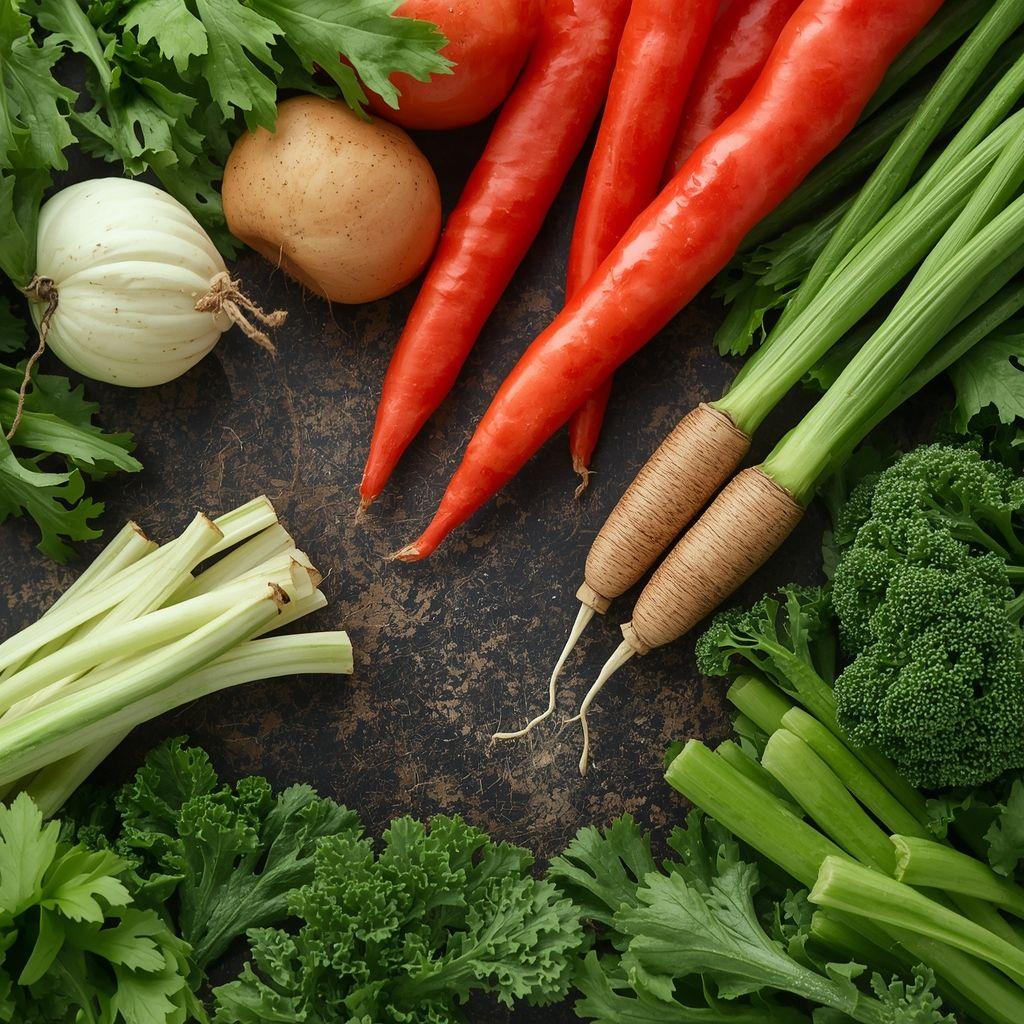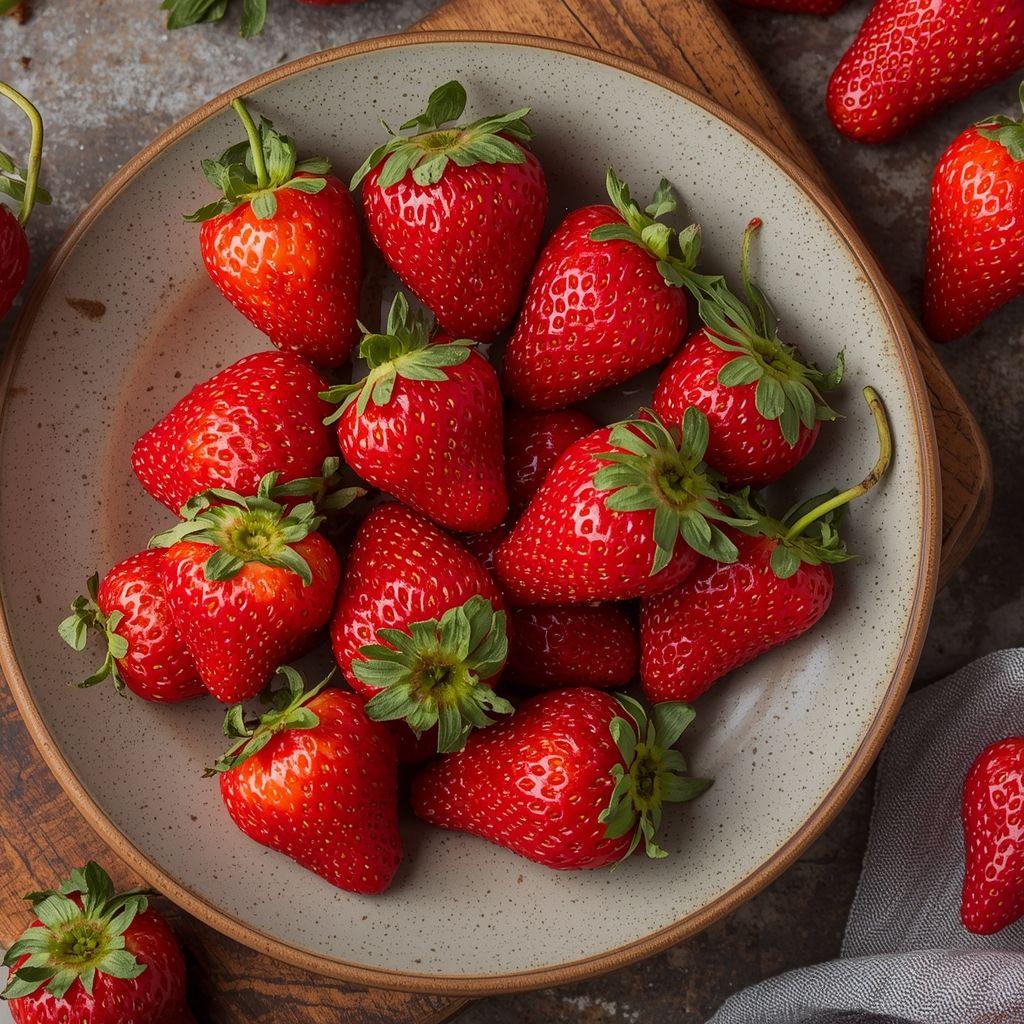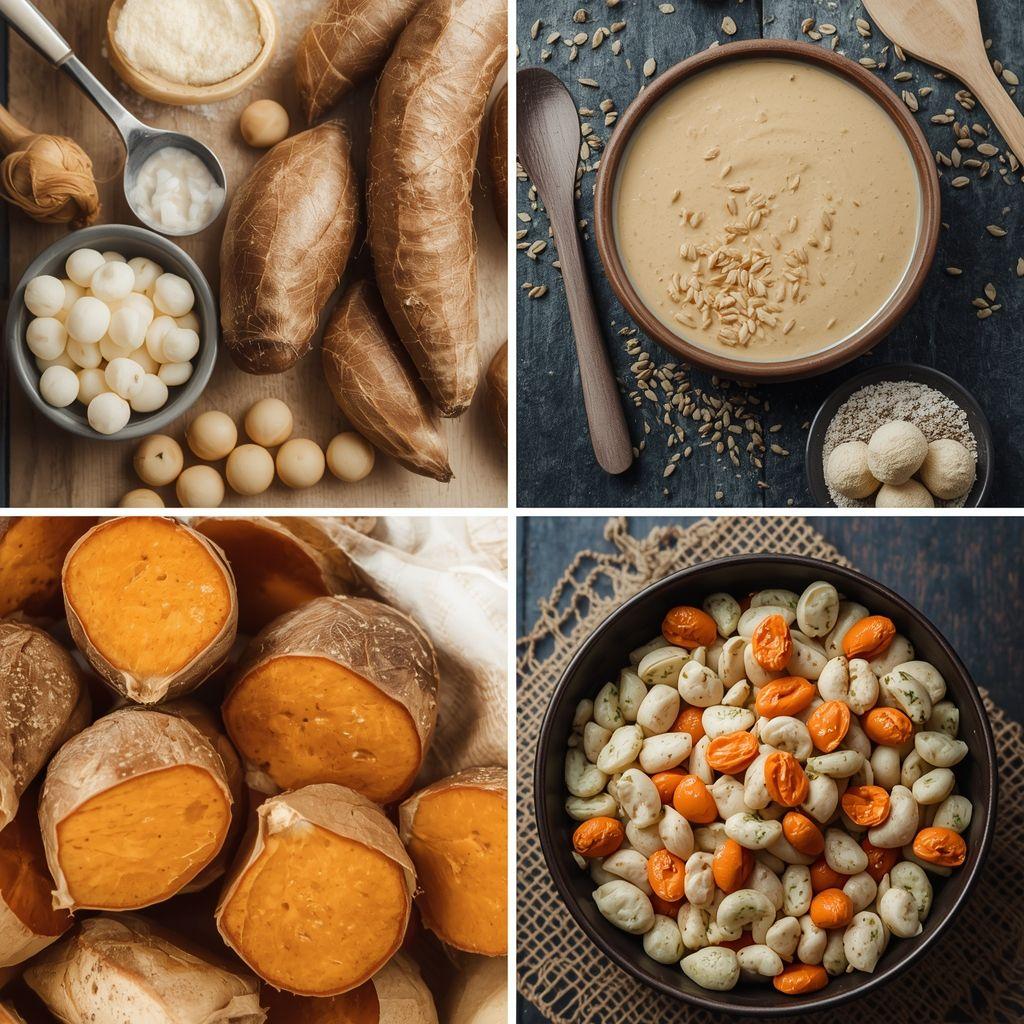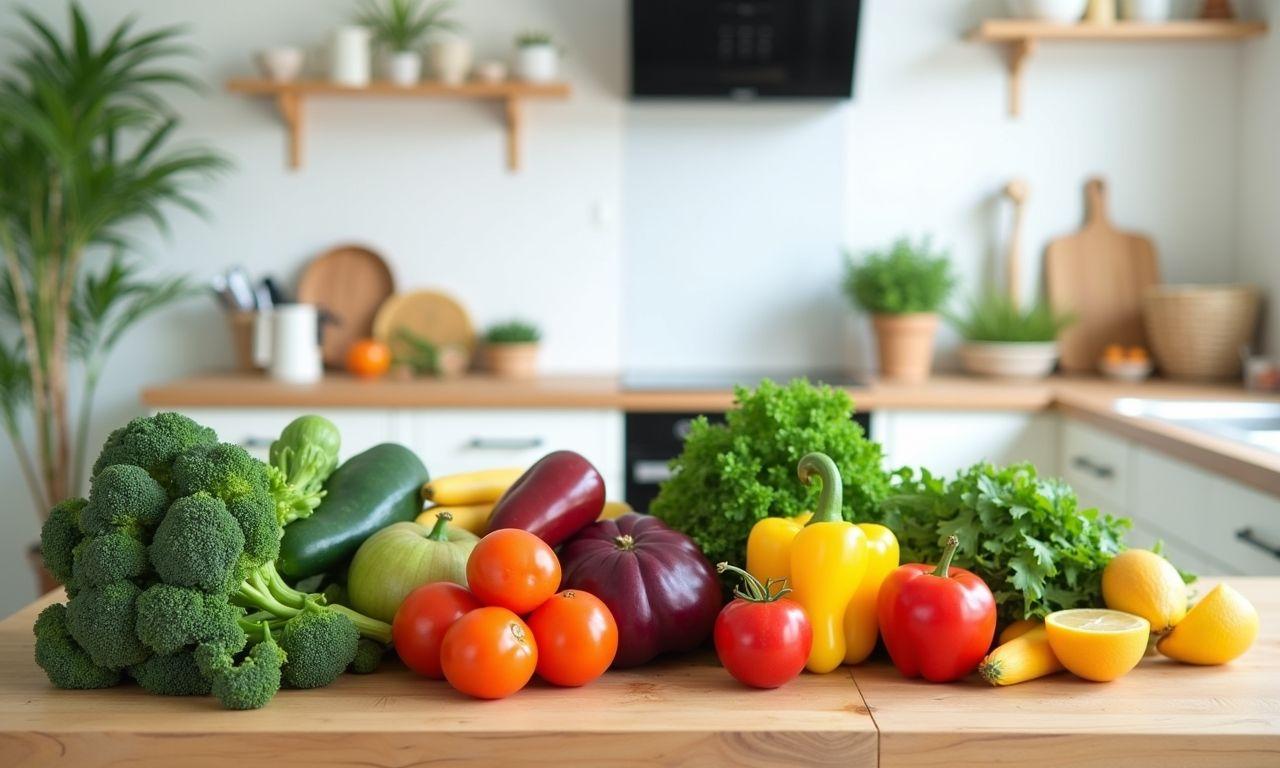In today’s world full of quick fixes, ready-made meals, and miracle diets promising instant results, it’s becoming increasingly difficult to find a way to achieve lasting and effective changes in eating habits. Yet a healthy diet is not a passing trend or a strict plan full of restrictions. It’s a lifestyle that requires conscious choices, patience, and the right knowledge. In this article, I’ll share key tips and inspirations that will help you gradually introduce positive changes in your eating habits and enjoy their effects every day.Variety – The Foundation of a Healthy and Balanced DietOne of the most important aspects of healthy eating is the variety of foods you consume. It’s this diversity that ensures your body receives all the essential nutrients: vitamins, minerals, proteins, healthy fats, and carbohydrates. Try to choose different food groups — vegetables and fruits in many colors (each color represents a different set of nutrients), whole grain products, healthy fats (such as olive oil, nuts, avocado), and various sources of protein: plant-based (legumes, tofu) and animal-based (fish, poultry, eggs). This way, you not only care for your health but also make your daily meals more interesting.Portion Control and Mindful EatingIn a world of abundance and excess, we often eat more than we actually need. The key is to learn to listen to your body and pay attention to signals of fullness. Eat slowly, savoring every bite — this helps you feel satisfied more quickly and supports digestion. A good habit is also to serve meals on smaller plates, which visually helps control portions and reduces the risk of overeating.Meal Planning – Saving Time and Supporting HealthPlanning meals a few days in advance is a strategy that brings many benefits. It helps you avoid random, unhealthy choices, saves time and money, and makes your diet more varied. Make shopping lists and plan your meals so that they’re well-balanced. You gain control over what you eat and it’s easier to resist temptations like fast food or sweets.Hydration – A Simple Habit With Great PowerWater is the foundation of life and a key element of a healthy diet. Proper hydration affects your metabolism, concentration, energy levels, and overall well-being. Try to drink regularly throughout the day — ideally water, herbal teas, or natural juices without added sugar. Remember that we often confuse thirst with hunger — before reaching for a snack, have a glass of water first.Prioritize Quality – Choose Fresh and Seasonal ProductsHealthy eating is not just about what we eat but also about the quality of the products we choose. Seasonal fruits and vegetables taste better, cost less, and have higher nutritional value. Whenever possible, choose local, organic products free from excessive chemicals. When buying meat or dairy, go for products from trusted sources where animal welfare and environmental care are priorities.Nutrition Education – An Investment in HealthMindful eating starts with knowledge. The more you know about the ingredients that make it onto your plate, the better decisions you’ll make. Read labels, pay attention to the sugar, salt, and fat content in products, discover new flavors, and experiment in the kitchen. Nutritional awareness is a tool that gives you control over your health.Inspiration for Healthy MealsEnergizing breakfasts: oatmeal with nuts and fresh fruit, omelet with vegetables and herbs, smoothie bowl with berries and chia seeds.Satisfying, nutritious lunches: quinoa salad with baked salmon, chickpea and vegetable curry, broccoli cream soup with pumpkin seeds.Light yet wholesome dinners: baked cod with vegetables, avocado, egg, and arugula salad, lentil soup with garlic and ginger.You don’t have to make all the changes at once. Start with small steps: swap white bread for whole grain, sugary drinks for water, and salty snacks for nuts. Gradually add more healthy habits. Remember that a healthy diet is a daily practice that over time becomes a natural part of life. Healthy eating isn’t a regime or a short-term diet. It’s a conscious choice that brings long-term benefits: better health, more energy, and a sense of well-being. Choose variety, stay hydrated, plan your meals, prioritize quality ingredients, and keep learning. Your body will thank you for it every single day!
Find out more

























